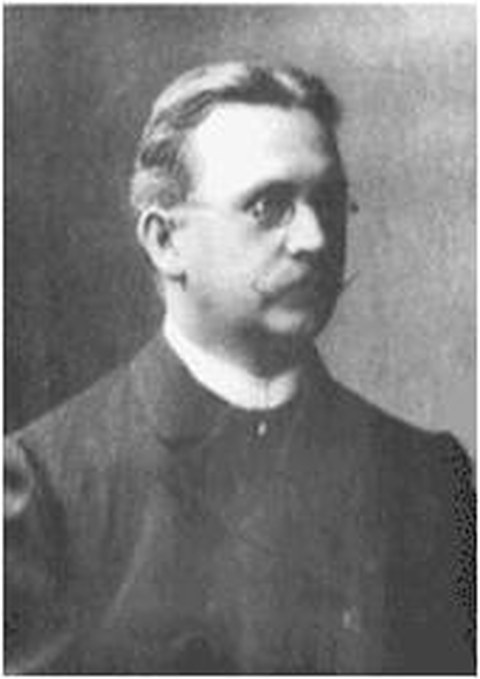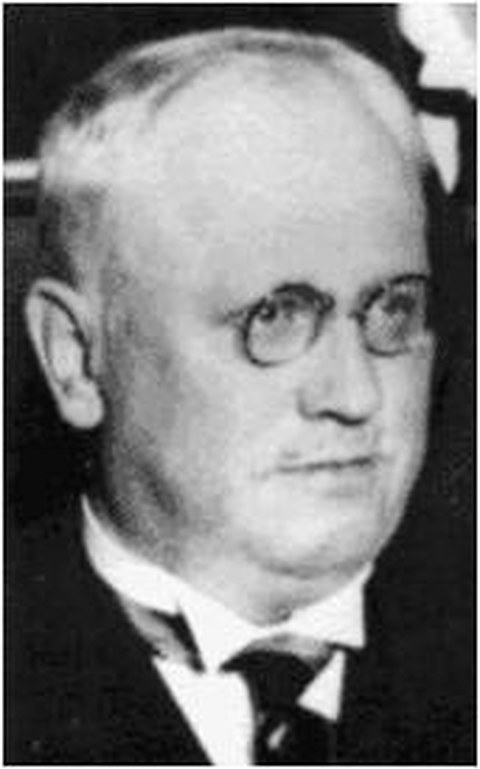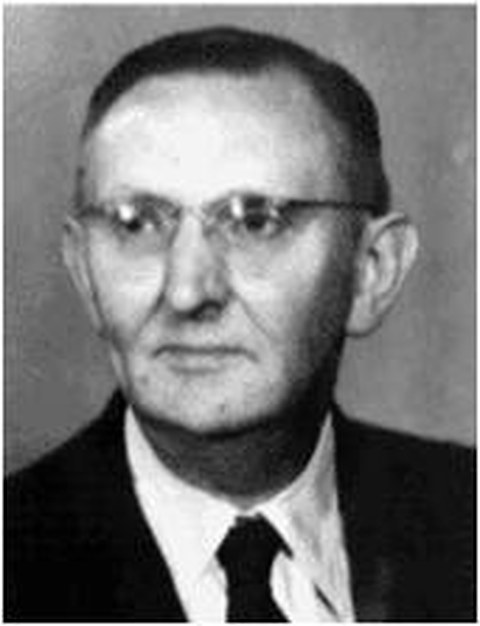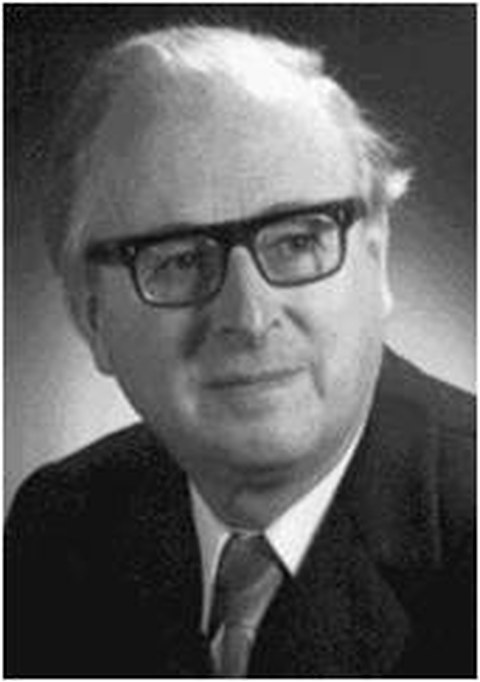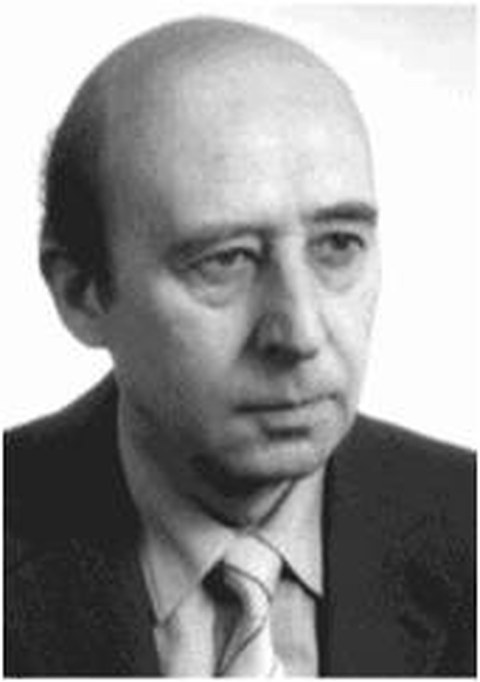History
"Prehistory"
The history of the Institute of Food Chemistry at TU Dresden goes hand in hand with the development of food chemistry into an independent research and teaching discipline and the establishment of food monitoring as a sovereign task of the state. During the preparation of the "Food Law for the Whole of Germany" enacted in 1879, the necessity of training special specialists for the analysis, control and evaluation of foodstuffs was recognised. These "knowledgeable people" initially grew out of the pharmacy profession. However, it soon became apparent that the complex subject of "food" required specialists, and that a special, above all practical-analytically oriented education was required at universities and colleges.
1894: Start of training for food chemists in Dresden
In 1871 a "Central Office for Public Health Care" - by the way the first institution of its kind in the German-speaking world - was established in Dresden as a precursor of the present-day State Investigation Institute ("Landesuntersuchungsanstalt") and in 1893 Prof. Friedrich-Georg Renk was appointed to the newly established "Ordinariat für Nahrungsmittelchemie, Gewerbe- und Wohnungshygiene sowie Bakteriologie" at the Technical University of Dresden. Within the Department of Chemistry, the chair was responsible for training "state-certified food chemists", initially six, and from 1897 twelve students per year. The chair was housed in the "old" TH Dresden at Bismarckplatz, which was inaugurated in 1875. From 1897, it was physically united with the Central Office for Public Health Care. The TH Dresden was thus the first German university where it was possible to study food chemistry. From 1894, the training for food chemists was carried out in accordance with the "Regulations of the State Examination for Food Chemists" valid throughout Germany - an examination and training regulation that still forms the basis of training in food chemistry today. The necessity of special university institutes to prepare food chemists for the state examination prompted Josef König to establish a "Chair for Food Chemistry and Hygiene" in Münster in 1899. Together with the Dresden Ordinariat, these were for a long time the only higher education institutions in Germany whose scientific tasks for teaching and research in the field of food chemistry were directly expressed in the name. At other institutes in Germany, the link between food chemistry and pharmacy was frequently maintained.
1920: Chair of Food and Fermentation Chemistry
1926: New building of the chemical department (Fritz-Förster-Bau)
After Renk resigned his office in 1919, the former Department of Food Chemistry was spun off from the chair and transformed into an independent "Chair of Food and Fermentation Chemistry". In 1920, Prof. Alfred Heiduschka, Professor of Pharmacy and Applied Chemistry at the University of Würzburg, was appointed to this chair. It should be emphasized that Heiduschka's term of office was marked by the inauguration in 1926 of the new buildings of the Chemical Department, today's Fritz Foerster Building on Mommsenstraße. Planning for this new building had already begun in 1916. Initially, food chemistry was not taken into account in these plans and had to be accommodated "retrospectively", so to speak. This subsequent planning of the food chemistry into the east wing of the Foerster building led to the fact that the food chemistry was to a certain extent a "worm appendix" of the chemistry until recently accommodated in a narrow, but high building over 5 floors, with all practical problems resulting from it. By the way, the "forgetting" of food chemistry is not just a problem from the past: the planning of the first construction phase of the new chemical building on the Bergstrasse also initially, i.e. in 1991, planned only four storeys. It was not until a few years later that it had to be realized that the large number of food chemistry students could not possibly be accommodated in the initially planned rooms of the institute. It was therefore necessary to "set up" an additional fifth floor, which now houses the food chemistry students' laboratories in the new chemistry department building.
The chaos of war
Heiduschka was emeritus in 1939 at his own request. In 1940 Kurt Täufel, former professor at the TH Karlsruhe and director of the Badische Staatliche Lebensmitteluntersuchungsanstalt, was appointed to the chair. With the appointment of the new professor, the coupling of the chair at the TH Dresden with the function of director of the "Landesstelle für öffentliche Gesundheitspflege" was abolished. Despite the hindrance of the war, Prof. Täufel was able to carry out very successful teaching and research in Dresden and remained professor until 1945. He then went to Potsdam, where he began building up the Institute for Nutrition Research in Potsdam-Rehbrücke on behalf of the Soviet military administration.
1953: Beginning of the Freimuth era
After a transitional period caused by the post-war turmoil, during which the chair was temporarily administered by Prof. Ernst Komm from 1946 to 1950, Prof. Ulrich Freimuth was finally appointed in 1953. With Prof. Freimuth, research focused on protein chemistry. In a way, he also laid the foundations for the focus of today's institute. Based on Täufel's redesign of the curriculum in the GDR, Freimuth was able to offer a very modern course of study in food chemistry and thus guarantee a practice-oriented training for graduate food chemists. The curriculum at that time included numerous forward-looking approaches, such as the twelve-week industrial internship, the close link between science and production or analytics and technology, and above all, of course, the six-month diploma thesis - a scientific degree course at least equivalent to the corresponding training in Western Germany at that time.
From 1980 to the turnAround ("WENDE", peaceful Revolution in East Germany)
From 1980 to the turnAround ("WENDE", peaceful Revolution in East Germany)
Prof. Freimuth, who celebrated his 85th birthday in admirable mental freshness on 16.10.1999, retired in 1979. His successor became Prof. Dr. Eberhard Ludwig in 1980, who consistently continued the protein-chemical work and earned special merits after the political change in the unification of the two food-chemical societies of the FRG and the GDR. For his life's work, Mr. Ludwig was awarded the Joseph-König-Gedenkmünze, the highest distinction of the Food Chemistry Society, on the occasion of the Food Chemists' Day 1999 in Hamburg.
What about today?
After Prof. Ludwig retired in 1997, the Institute of Food Chemistry at the TU was temporarily headed by Prof. Wolfgang Krause until April 1998, when Prof. Thomas Henle, formerly of the Technical University of Munich-Weihenstephan, took over the C4-Professure for Food Chemistry and the task of Institute Director.
With one C4 and two C3 professorships - Prof. Karl Speer, who was appointed to Dresden by the University of Hamburg in 1994, and Prof. Thomas Simat, who is working at the Institute since 2002 and also previously in Hamburg - the Institute of Food Chemistry at the Technical University of Dresden is today one of the largest institutes of its kind in Germany. The TU Dresden has the highest number of admissions of all fifteen German universities at which it is possible to complete food chemistry as an independent course of study. About 15-20% of all first-year students in food chemistry in Germany start their studies in Dresden - a fact which is both a challenge and an obligation for all those responsible at the university as well as politically. Although the technical equipment of the teaching and research laboratories has been considerably improved, especially since the move to the new building of the Chemical Institutes in September 2001, the staffing and, above all, the equipment with current budget funds for teaching and research are still demonstrably considerably below the corresponding institutes of other study locations in the old federal states.
The Dresden profile
From the point of view of those affected, however, it should not be enough to make justified demands on higher education policy - after all, it is first and foremost the commitment of the university teachers and the staff of the institute "on site" to offer a modern course of study. The strength of the education in food chemistry at the TU Dresden is reflected in specific educational contents and offers, which make our students qualified and competitive food chemists nationwide on the basis of the Staatsprüfungsordnung (State Examination Regulations). Examples are the six-month diploma thesis, which is indispensable for scientific studies, the extensive study emphasis cosmetics and consumer goods, special lectures and practical courses in food and biotechnology, quality management in the food industry as well as nutrition and biochemistry. Furthermore, we try to develop and promote the personal interests of the students by offering an extensive catalogue of choices (arranging holiday internships in industry and food monitoring, courses such as personnel management and business administration in the food industry, food physics, molecular biology, radiopharmacy, etc.). This extensive range of courses is made possible by above-average commitment on the part of the staff and interdisciplinary cooperation with institutes in other fields, such as food and bioprocess engineering, biology and medicine. A sustainable education of young scientists in our field, but also in all other scientific disciplines, can only be achieved by bundling existing competences.
However, this requires a willingness to reach consensus, interdisciplinary cooperation and the recognition of one's own limitations - virtues that will be the basic prerequisites for succesful research and teaching in the coming years in view of the presumably intensifying anti-scientific austerity policy.
T. Henle

